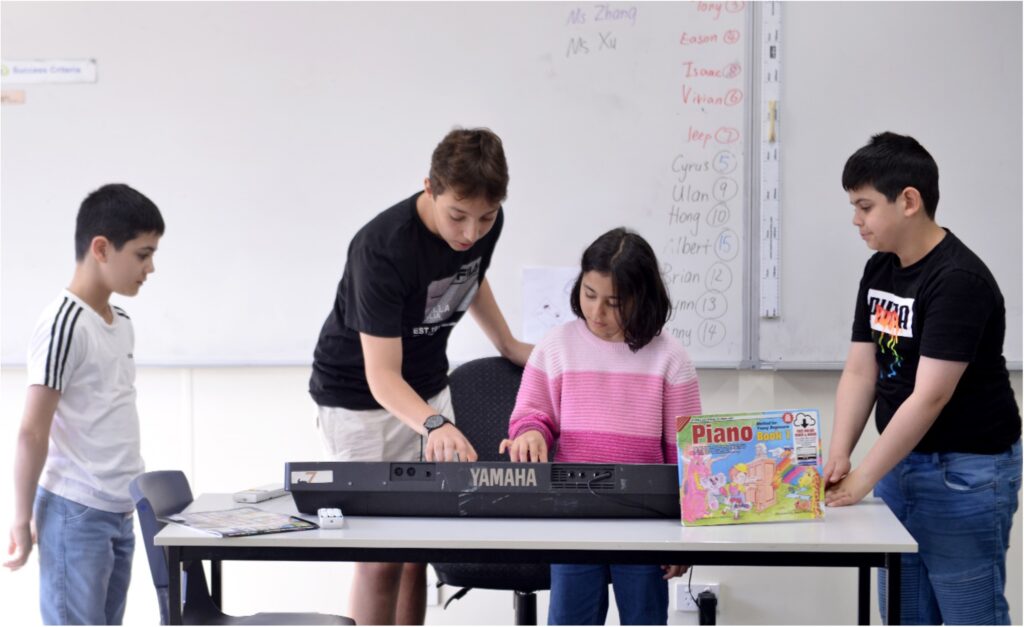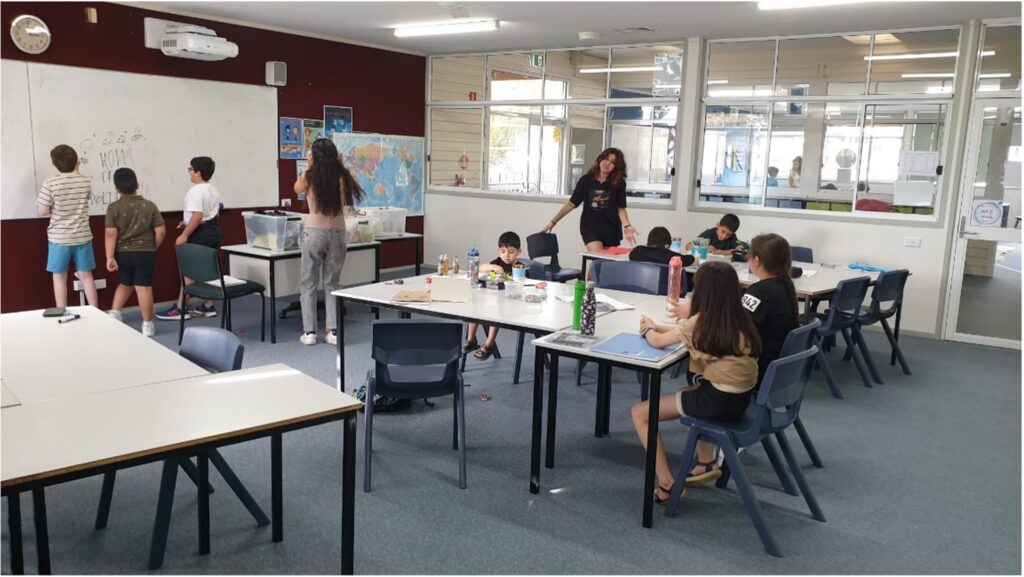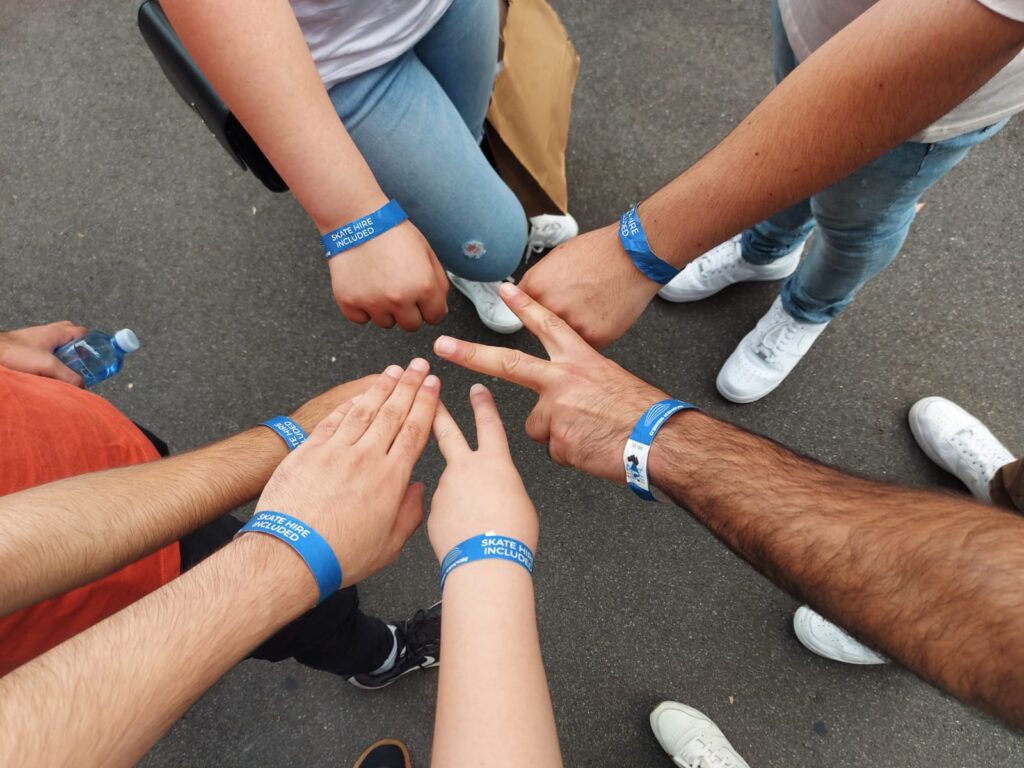Learning How to Make a Difference in Communities
Introduction
The Junior Youth Spritual Empowerment Program (JYSEP) is an educational initiative designed for young people aged 12 to 15, providing them with the tools to discover their potential and engage in acts of service that benefit their communities.
‘Spiritual’? Is this Programme Religious?
No, it is not a religious education programme. However, the material is Baha’i-inspired, which means that the books do mention God and do include spiritual / moral concepts.
Many members from different religions—Hinduism, Christianity, Islam, … and non-religious backgrounds find that the programme complements their beliefs.
Junior youth and their families can preview the books that will be studied in the group.
Rationale

The junior youth period is a time of rapid growth and change, during which young people are highly influenced by the world around them through advertising, media, and peers. This age group is full of energy, and when cultivated can have bourgeoning growth on their being and society. They are eager to belong, and driven by a thirst for knowledge, yet often need guidance to overcome negative influences in their environment. The JYEP supports these young individuals, fostering a safe, positive space where they can work together without fear of ridicule, develop their unique capacities, and contribute to the common good..
Objectives of the JYSEP
The JYSEP focuses on three main objectives to support junior youth in their growth and development:
1. Enhancing the Power of Expression

- Encourages junior youth to express themselves with clarity and precision.
- Strengthens literacy, reading, writing, and comprehension.
- Provides opportunities for artistic expression, critical thinking, and presentation skills.
- Builds confidence in sharing ideas and experiences.
2. Building Decision-Making Capabilities
- Introduces analytical tools to help junior youth understand and navigate choices.
- Utilises an action-reflection methodology to explore complex situations.
- Promotes discussion of implications to foster informed, positive decisions.
- Equips youth with decision-making skills that extend into adulthood.
3. Enhance Capacities for Service

- Engages junior youth in acts of service to benefit their community.
- Helps youth recognise their capacity to make meaningful contributions.
- Strengthens appreciation for their role in community transformation.
- Lays a foundation for ongoing civic engagement and social responsibility.
Examples of Acts of Service
Beautifying their neighbourhoods
Teaching virtues to younger children, through songs, stories, and games
Assisting the elderly and performing for their communities.
These activities allow them to see the impact of their actions and encourage ongoing participation in community life.
The Role of Animators:
Animators play a key role in JYSEP, guiding junior youth in a way that fosters openness and shared learning. As co-learners, animators create a supportive environment where junior youth can ask questions, explore ideas, and grow together. Animators undergo formal training, work in pairs, and follow safety protocols to ensure a secure and nurturing environment.
Program Material
The JYSEP curriculum includes fifteen books, each tailored to different age groups to foster age-appropriate learning, below are some examples:
- Glimmerings of Hope for 12-year-olds
- Walking the Straight Path and Learning About Excellence for 13-year-olds
- Drawing on the Power of the Word for 14-year-olds
These books offer junior youth a chance to explore moral and spiritual realities through discovery, rather than instruction, facilitated by the animators.
Empowerment
The JYSEP fosters empowerment by helping junior youth recognize their capacities, develop insights, and build the qualities and knowledge needed to make positive choices confidently, even under social pressures. Furthermore, the acts of service they perform deeply contribute to building their confidence.
Conclusion
The JYSEP is most effective when youth participate over several years, typically until they reach the age of 15. During this critical window, before attitudes and concepts become fixated. Family support plays an essential role in sustaining the junior youth’s engagement and growth in the program. Animators welcome and encourage families to join and support the journey, creating a community-wide foundation for empowering junior youth.